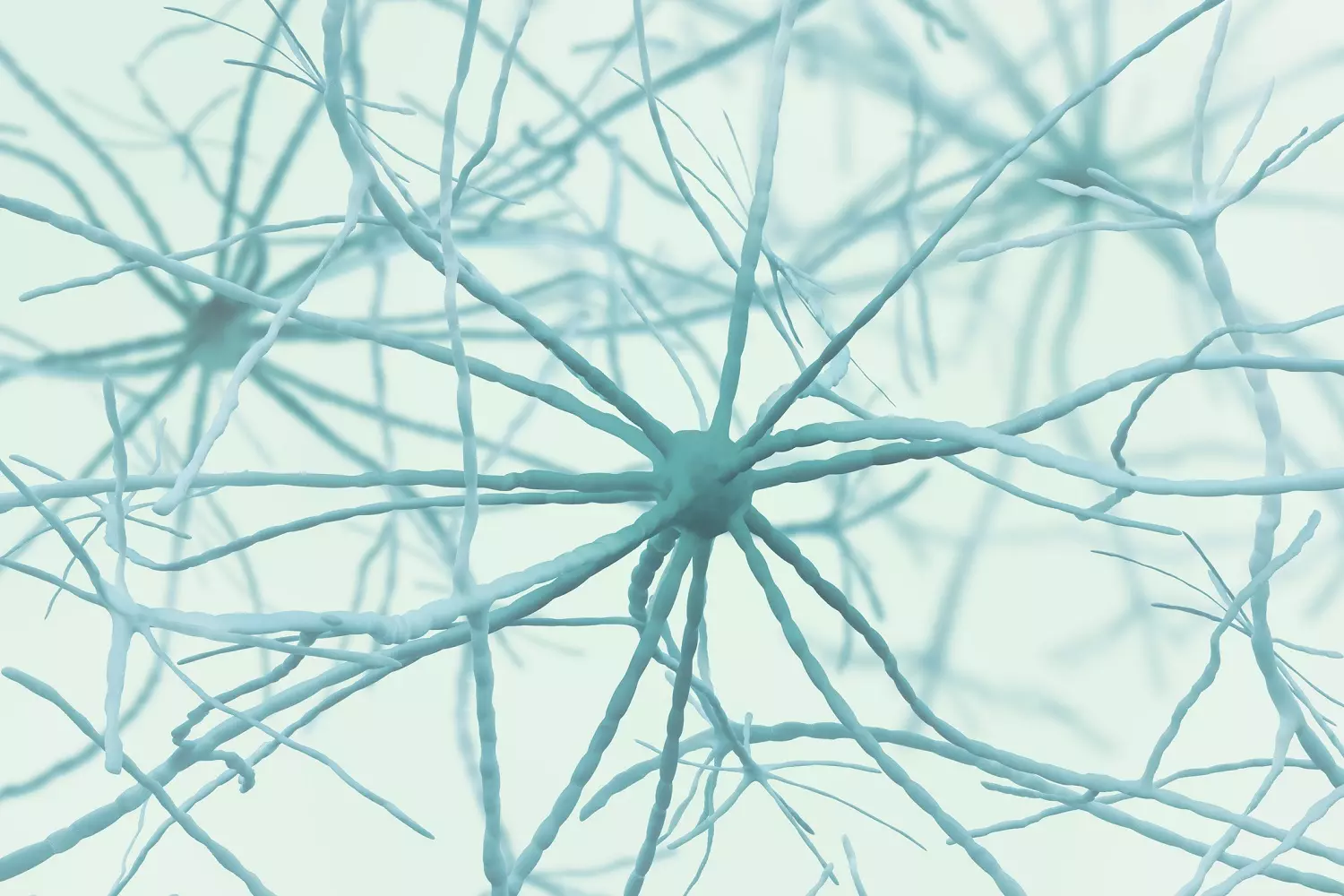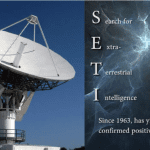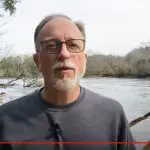[Originally published in 2016 as Another Atheist Who Became a Christian]
As I was reading the book Shadow of Oz, I found one of the most interesting parts was the conversion story of its author, Dr. Wayne D. Rossiter, who earned his Ph.D. in ecology and evolution from Rutgers University in February of 2012 and is currently an assistant professor of biology at Waynesburg University.
One thing I found fascinating about his conversion story is that it is rather different from mine. Science caused me to doubt my atheism, and an investigation of the evidence led me to a belief in Christianity. For Dr. Rossiter, however, it was not science itself that caused him to doubt his atheism. Instead, what he saw as the consequences of atheistic science caused him to fall into the Savior’s arms. Here is how he begins his conversion story:
…I had developed into a staunch and cantankerous atheist by the time I got to Rutgers to pursue a Ph.D. This was aided by an equally atheistic advisor who was of Dawkins’s ilk. Advanced education at our best universities is surprisingly insular. Like bobbleheads, we tend to read and agree on the same things, and give little to no countenance to critics of our views. (pp. 3-4)
I couldn’t agree more with his take on the insular nature of advanced education in the U.S. I vividly remember several instances from my early years in academia where a “senior” member of a research group would make fun of a position with which he disagreed, and the rest of us would bob our heads in agreement without even trying to suggest that there might be good reason to at least examine that position seriously. At the time, I didn’t understand how anti-science such actions were, but now that I look back on them, I shake my head at the sorry state of our advanced education system.
What caused Dr. Rossiter to doubt his atheism? After achieving an important milestone of every academic’s life (publication in a major journal of his field), he and his wife celebrated. He stayed up after his wife went to bed, and he became plagued by the “big questions” about life:
On what rational grounds could I care about the state of the planet (or even my family) after I’m gone? And what did I even mean by “good” or “bad”? I couldn’t argue that any objective morality existed apart from our subjective experiences. Any moral laws that might objectively exist — whether or not anyone ascribes to them — would be beyond our grasp, and we would have no objective or rational reason to obey them if they did exist.
Nothing mattered.
This is Dennett’s “universal acid,” and Darwin’s ideas applied that acid to the human condition. If molecules led to cells, and cells to organs, and organs to bodies, then the “molecules-to-man” hypothesis was true. We really were just wet computers responding to external stimuli in mechanical and unconscious ways. No soul, no consciousness. Just machines. I was completely and utterly devastated. (pp. 4-5)
This led to some serious soul-searching, which included psychiatric counseling. His counselor was a Christian, and that intrigued him, so he read some intellectuals who found belief in God to be both rational and compelling. This caused him to doubt his atheistic view of science, and eventually, he became a Christian. The university at which he now teaches is a Christian university.
I have to say that I have never been impressed by the argument from morality, which is one of the issues he touches on in his quote above. I recognize that there are many who see it as the most convincing evidence for God’s existence, but it never swayed me as an atheist. Even now that I am a believer, I don’t see its power.
However, I do agree strongly with the last part of his quote. As I see it, if you believe that life is simply a collection of molecules whose interactions are guided by natural forces, there is no way you can believe in free will or consciousness. After all, if my brain is all there is to my mind, then there is no way for me to choose my beliefs or my actions. Indeed, my brain is simply a collection of cells, and those cells interact according to strict chemical and physical laws. There is no way to deviate from the outcomes required by those laws, so none of my actions or thoughts are my own. They are simply the consequences of the initial conditions of my brain and the interactions of its parts.
While this logical conclusion never convinced me to doubt my atheism (I was happy to be an automaton), I can see how it would cause others to do so. I thank God that it helped Dr. Rossiter to see the Light!






